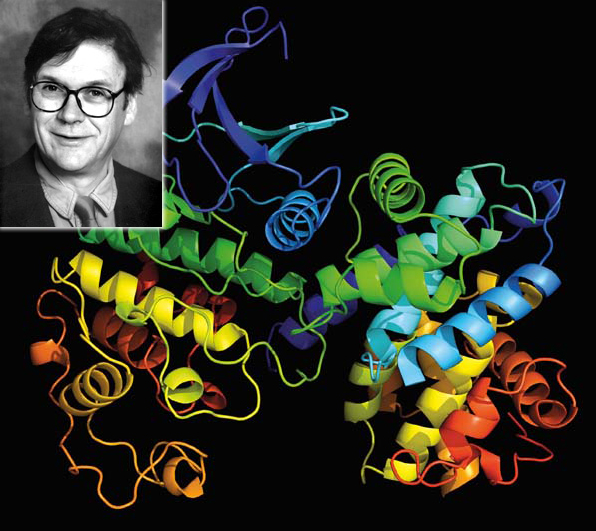Nobel Laureate Tim Hunt to Visit Bilkent
Nobel Laureate and Researcher (Cancer Research UK, London Research Institute) Sir R. Timothy ("Tim") Hunt will deliver the İhsan Doğramacı Memorial Lecture on Saturday December 4 at Bilkent University, Mithat Çoruh Auditorium. The program will begin at 4:30 p.m. with a showing of the film İhsan Doğramacı, Connecting the Past to the Future and will continue with Prof. Hunt's talk entitled "Switches and Latches: Getting In and Out of Mitosis." The memorial celebration will conclude with a reception.
Prof. Hunt, who received his knighthood from Queen Elizabeth II in 2006, received his Ph.D. from Cambridge University in 1968 and became a Fellow of the Royal Society in 1991. Together with Leland H. Hartwell and Sir Paul Nurse, Prof. Hunt was awarded The Nobel Prize in Medicine 2001 for his contributions in discoveries of key regulators of the cell cycle. According to the Nobel Prize website, Hunt was awarded for his discovery of cyclins, proteins that regulate the CDK function. He showed that cyclins are degraded periodically at each cell division, a mechanism proved to be of general importance for cell cycle control.
Hunt discovered the first cyclin molecule in the early 1980s. Cyclins are proteins formed and degraded during each cell cycle. They were named cyclins because the levels of these proteins vary periodically during the cell cycle. The cyclins bind to the CDK molecules, thereby regulating the CDK activity and selecting the proteins to be phosphorylated. The discovery of cyclin, which was made using sea urchins, Arbacia, as a model system, was the result of Hunt's finding that this protein was degraded periodically in the cell cycle. Periodic protein degradation is an important general control mechanism of the cell cycle. Hunt later discovered cyclins in other species and found that cyclins were also conserved during evolution. Today around ten different cyclins have been found in humans.
The lecture, film, and reception are sponsored by BilGenT-Bilkent Genetics Group and the Department of Molecular Biology and Genetics. (Directly taken from: http://nobelprize.org/nobel_prizes/medicine/laureates/2001/press.html)
